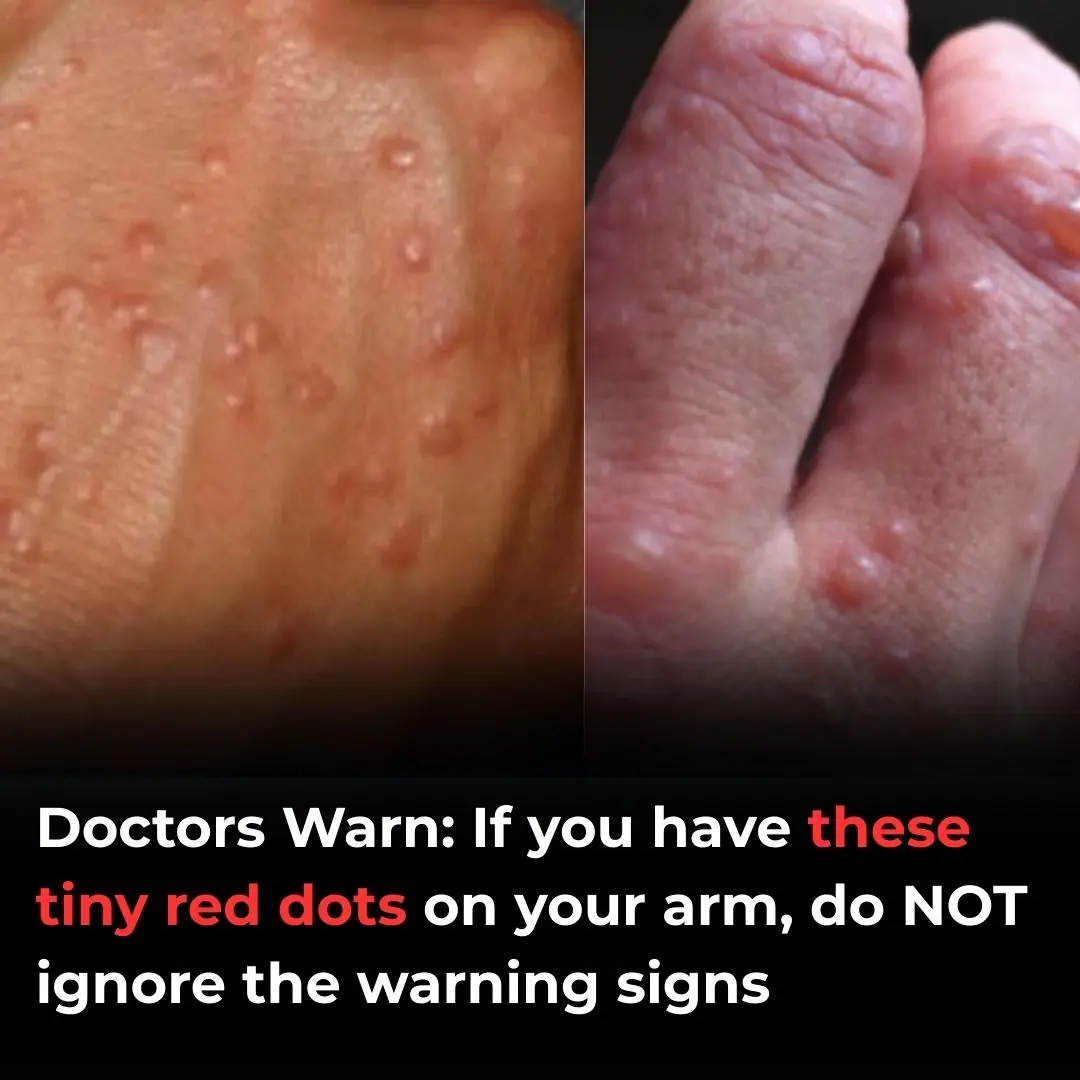
Think Before You Sip: The Hidden Link Between Sugary Drinks and Oral Cancer
Think Before You Sip: The Hidden Link Between Sugary Drinks and Oral Cancer

Grabbing a soda on a hot day or pouring a sweet iced tea with dinner might seem harmless—but what if that daily habit came at a cost? Emerging research suggests that sugary beverages are doing more than just adding extra calories. They may also be quietly contributing to serious health risks—including cancer.
A recent study has revealed a concerning link between sugar-sweetened drinks and a rise in oral cancers, particularly among women who don’t fall into traditional high-risk categories. It’s a finding that may make you think twice before your next sip.
New Research Uncovers a Surprising Risk
While it’s no secret that sugary drinks aren’t great for our health, a study from the University of Washington has drawn a troubling connection between soft drinks and oral cavity cancer (OCC).
The research found that women who drank just one sugar-sweetened beverage per day were nearly five times more likely to develop OCC than those who rarely or never consumed them. This risk was even more pronounced among non-smokers and non-drinkers—people traditionally considered low-risk for oral cancers.
Historically, OCC was most common in older men with histories of tobacco and alcohol use. But the study, which analyzed data from over 160,000 women across 30 years in the Nurses’ Health Study, uncovered a concerning trend: younger, otherwise healthy women are being diagnosed at increasing rates. Of the participants, 124 were diagnosed with invasive OCC. The researchers believe regular consumption of sugary beverages could be a driving factor.
Although the study doesn’t prove cause and effect, experts suggest that excess sugar may trigger inflammation, gum disease, and changes in the oral microbiome—conditions that may contribute to cancer development.
More Than Cancer: The Full Toll of Sugary Beverages
Sugary drinks may seem like a harmless indulgence, but they can have a far-reaching impact on your health:
-
Type 2 Diabetes: Regularly drinking sugar-laden beverages causes blood sugar spikes, increasing the risk of insulin resistance and diabetes.
-
Heart Disease: High sugar intake contributes to inflammation, elevated blood pressure, and harmful triglyceride levels, all of which strain the heart.
-
Obesity: Unlike solid foods, sugary drinks don’t make you feel full. This leads to overconsumption of calories and long-term weight gain.
-
Tooth Decay and Gum Disease: Sugar fuels harmful oral bacteria, causing cavities and periodontal disease—conditions that may be linked to oral cancer.
-
Fatty Liver Disease: Many sugary drinks contain high-fructose corn syrup, which is processed by the liver. Excess intake can lead to non-alcoholic fatty liver disease (NAFLD).
-
Cognitive Decline: Diets high in sugar are associated with poor memory, mood issues, and a greater risk of neurodegenerative diseases.
-
Disrupted Gut and Oral Microbiomes: Sugar alters the balance of beneficial bacteria, leading to inflammation and weakened immune function.
Cutting sugary drinks isn’t just about watching your weight—it’s a decision that protects your whole body, from your teeth to your brain.
Why We Keep Drinking Them—and Healthier Alternatives
Despite the risks, sugar-sweetened drinks are still a daily habit for many. Why? Marketing plays a big role, glamorizing these drinks as energizing and fun. They're also accessible and convenient, especially in communities where healthier options are limited.
There's also a behavioral component. The combination of sugar and caffeine can create a sense of reward, comfort, and even addiction—making it difficult to cut back.
But breaking the habit is possible. Here are healthier alternatives that satisfy without the health risks:
-
Infused Water – Add fruit, herbs, or cucumber slices to water for natural flavor.
-
Sparkling Water – Get your fizz fix with unsweetened varieties and a splash of citrus.
-
Iced Herbal Teas – Caffeine-free and naturally flavorful, these are refreshing and hydrating.
-
Homemade Smoothies – Blend fruit, leafy greens, and unsweetened plant milk for a nutritious, naturally sweet drink.
-
Diluted 100% Fruit Juice – Cut sugar while keeping flavor by mixing juice with water.
Switching to these options can significantly lower your risk of chronic disease—without sacrificing taste.
Dr. Nandi’s RX for Smarter, Cancer-Conscious Hydration

Your daily drink choices can either nourish your body or contribute to long-term health risks. Here’s how to hydrate in a smarter, more protective way:
✅ Prioritize Gut Health: Hydration depends on proper absorption. Products like MindBiotic can support gut lining integrity and microbiome balance, which are key to fluid uptake and immunity.
✅ Infuse Water with Antioxidants: Flavor your water with lemon, cucumber, mint, or berries. These add natural antioxidants without the sugar load of sports drinks.
✅ Eat Hydrating Foods: Soups, leafy greens, cucumbers, and chia seeds all help boost hydration. My Mindful Meals Gut-Brain Cookbook offers recipes that reduce inflammation and refresh your system.
✅ Avoid Artificial Sweeteners & Dyes: These additives can disrupt your gut and potentially increase cancer risk. Choose herbal teas or naturally flavored waters instead.
✅ Don’t Wait for Thirst: Stay ahead of dehydration by sipping water throughout the day. Thirst is a late signal—act early.
✅ Bookend Your Day with Water: Start your morning with water to kickstart digestion, and end it with herbal tea to support overnight recovery.
✅ Support Cellular Hydration with Omega-3s: Omega-3s help reduce inflammation and support your heart and brain—areas affected by poor hydration.
✅ Be Smart About Containers: Use glass or stainless steel bottles. Some plastics contain chemicals that may disrupt hormones and increase cancer risk, especially when exposed to heat.
✅ Use Urine Color as a Guide: Pale yellow is ideal. Darker urine signals dehydration, while clear urine might indicate overhydration.
The Bottom Line
Sugary drinks may offer temporary satisfaction, but the long-term costs can be steep—from weight gain and tooth decay to chronic inflammation and even cancer. With rising evidence linking these beverages to oral cancer and other health threats, now is the time to make more conscious choices.
Fortunately, staying hydrated doesn’t mean sacrificing flavor. With a little creativity, you can enjoy delicious drinks that protect your health and support your vitality—one sip at a time.
News in the same category

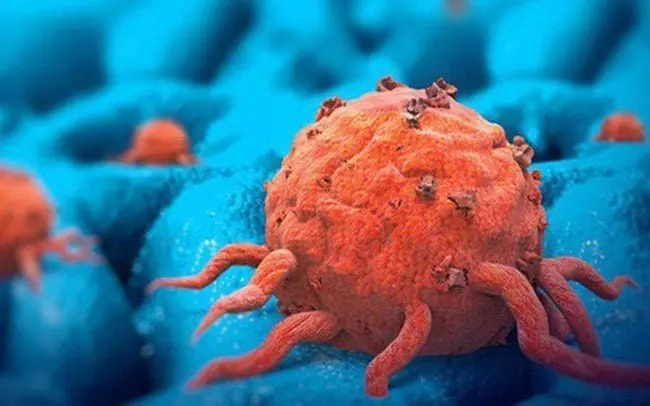
If You Don’t Get These 5 Health Screenings, You Might Not Know You Have Cancer! It's Best to Check These Areas Regularly
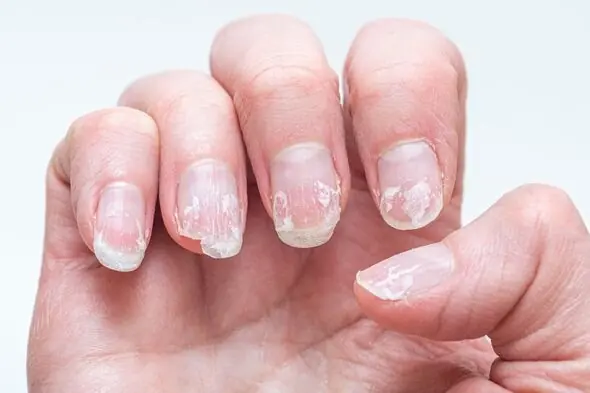
Warning: Strange Nail Shapes Could Be a Sign of Dangerous Cancer
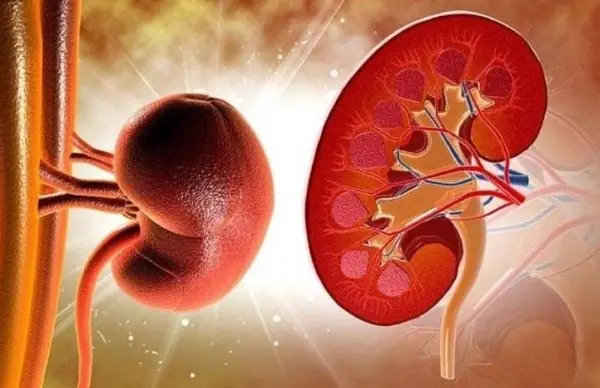
5 Early Signs of Kidney Failure You Need to Know: #3 Is Common But Often Ignored
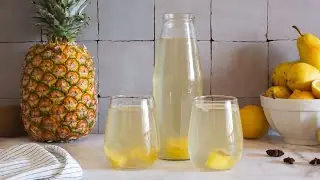
Pineapple-Infused Water, Anyone? Discover the Benefits, Tips, and Refreshing Recipes
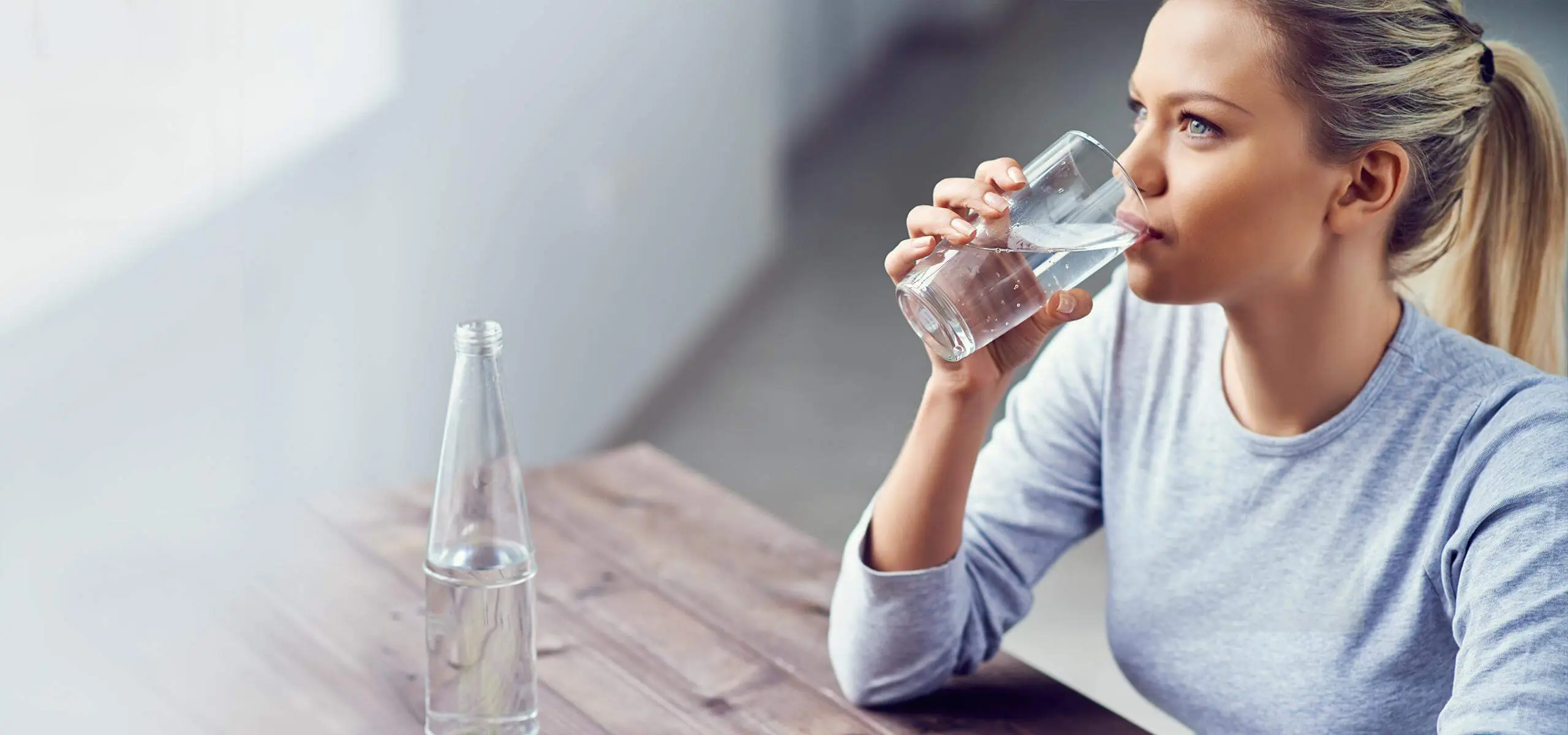
How Much Water You Actually Need to Drink Each Day – And Why It Matters
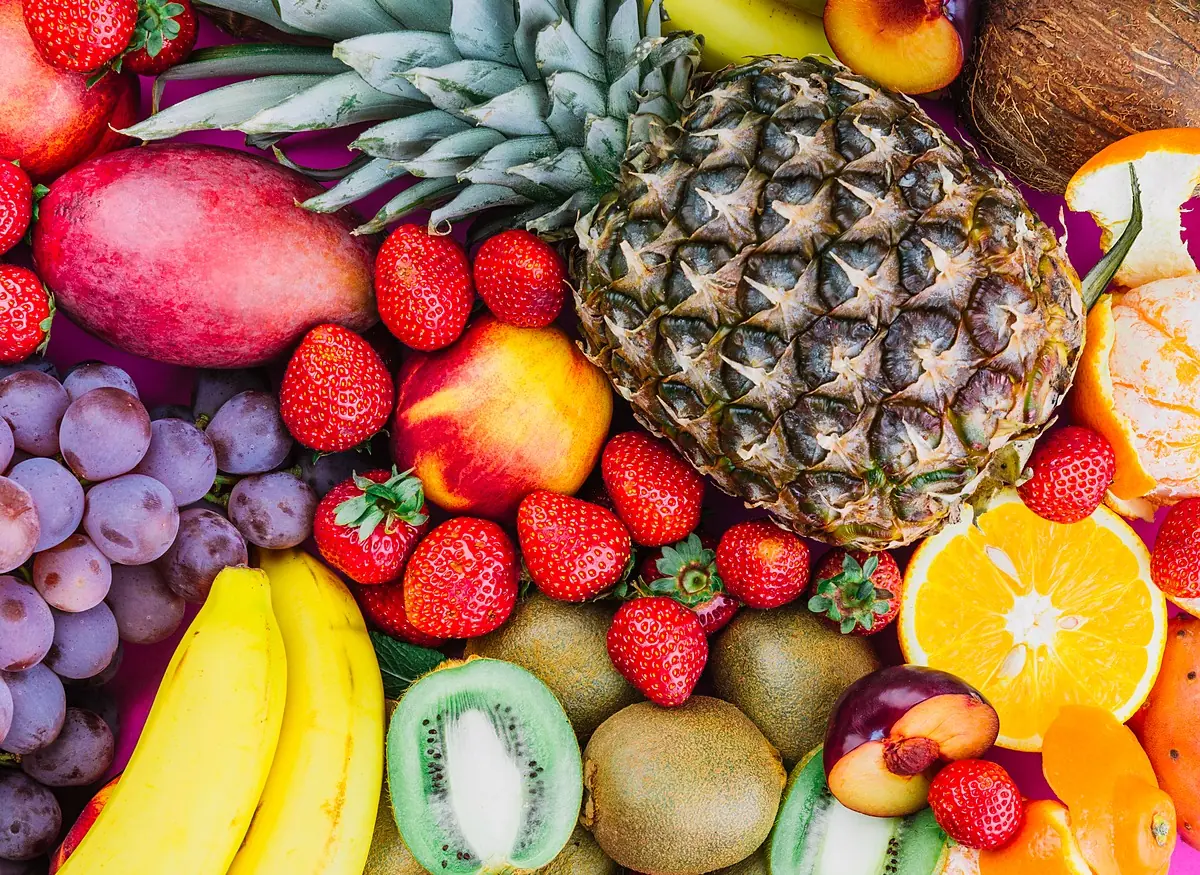
5 Fruits Listed in the ‘Black Book’ That May Promote Cancer Cell Growth: Avoid Them No Matter How Cheap They Are

25-year-old woman explains condition that makes her ‘look like an 8-year-old’
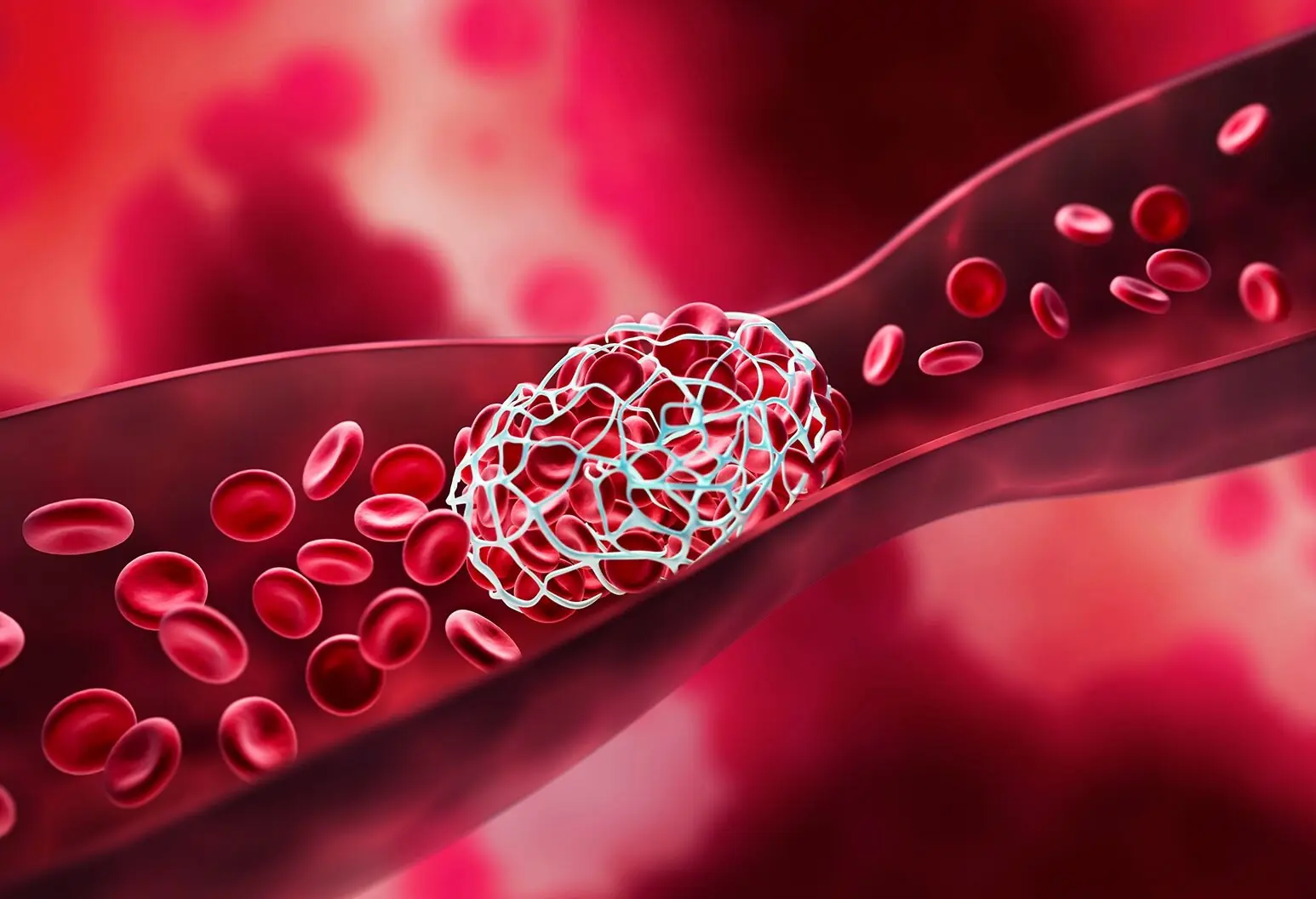
When There's a Blood Clot in the Body, It May Send You 4 Warning Signals You Shouldn't Ignore
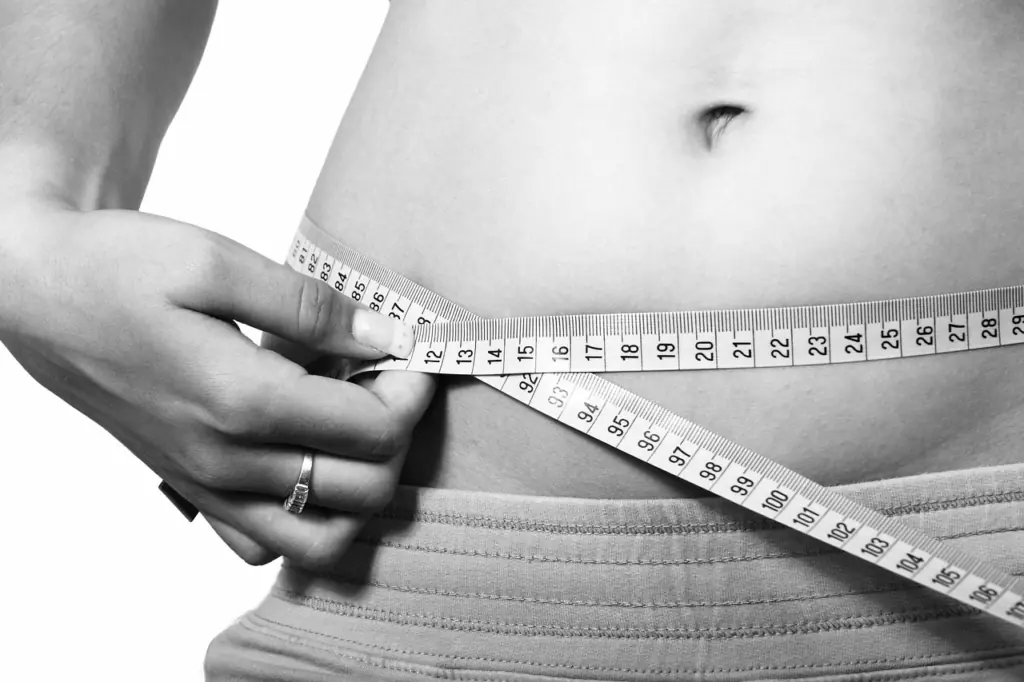
Inside The 36-hour Fast: How Your Body Transforms Hour By Hour In Viral New Simulation

Eating Too Fast? Here’s Why Slowing Down Can Improve Digestion and Reduce Bloating

Why Letting a Baby “Cry It Out” May Be Harmful: What Science Says
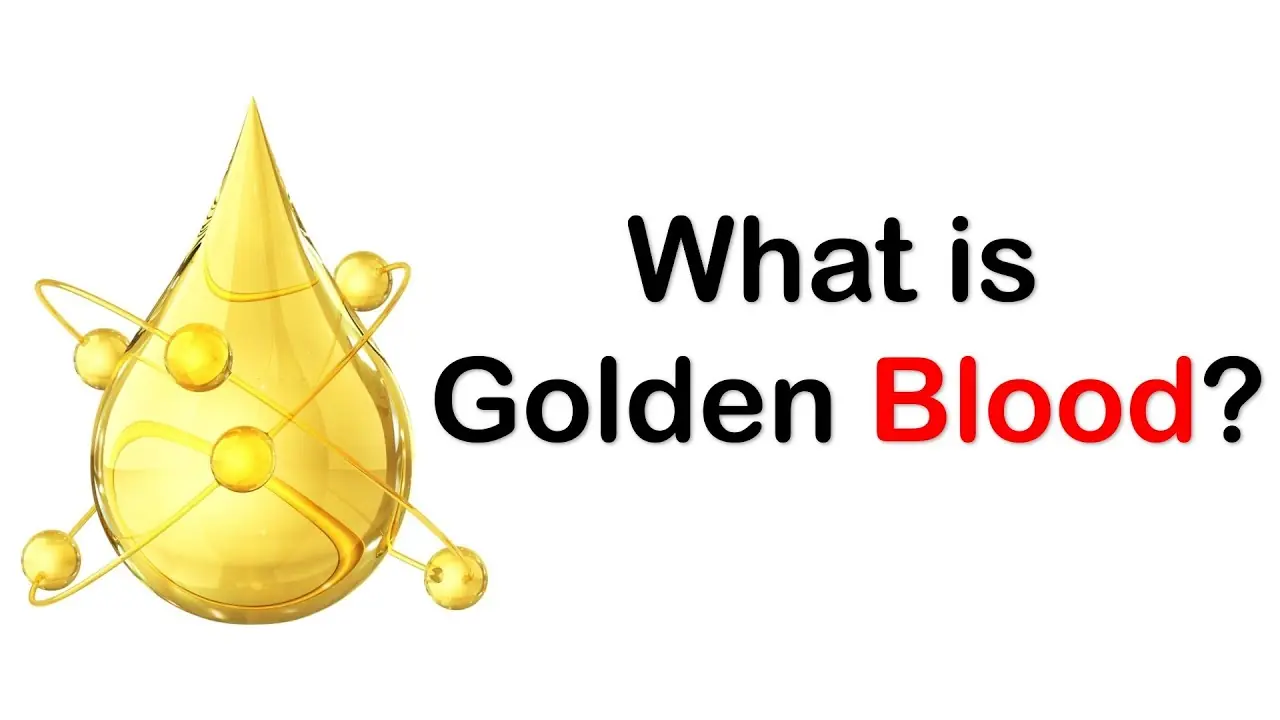
Rh-Null Blood: The World’s Rarest Blood Type, Also Known as "Golden Blood"

Recognizing Mini-Stroke Symptoms: A Crucial Step in Stroke Prevention
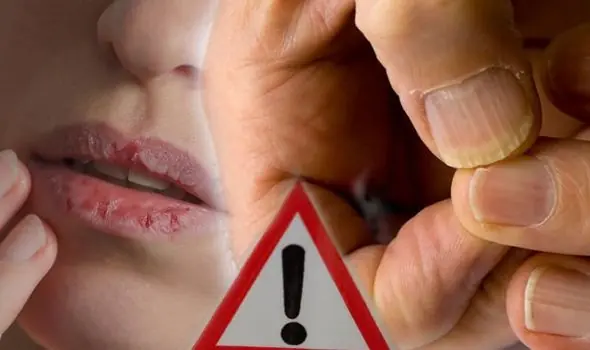
Experts Reveal 3 Warning Signs of Lip and Nail Cancer You Shouldn’t Ignore
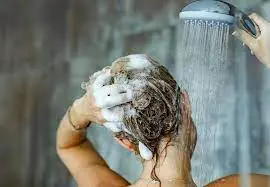
Doctor Warns About the Risks of Not Washing Your Hair Regularly
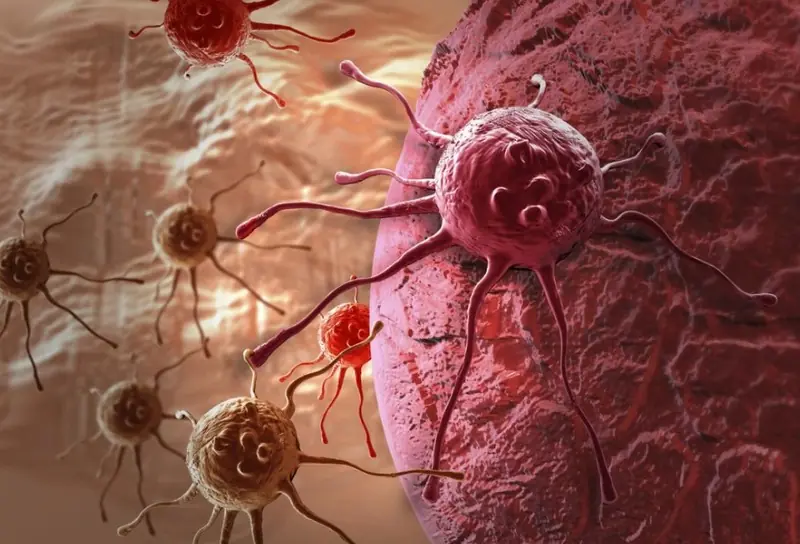
8 Foods That Are Natural Enemies of Tumors – Make Sure to Eat Them Regularly

Medical Experts Warn: 4 Early Morning Signs That Cancer Cells May Be Attacking Your Body
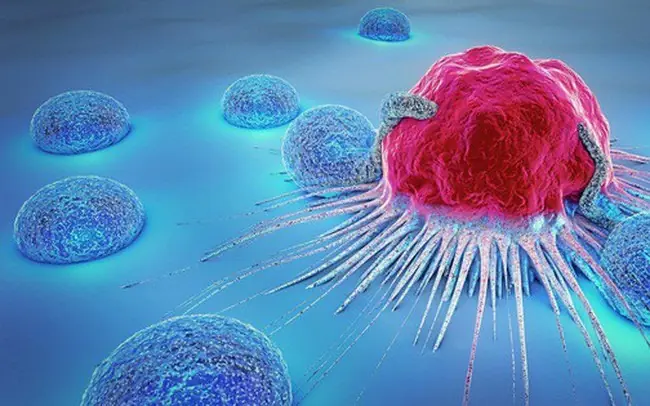
"On the Brink of Cancer: 5 Warning Signs Your Body Sends — Unusual Pain, Persistent Cough? See a Doctor Before It’s Too Late
News Post

Don’t overlook these small red spots on your arm – They could be important warning signs

If You Don’t Get These 5 Health Screenings, You Might Not Know You Have Cancer! It's Best to Check These Areas Regularly
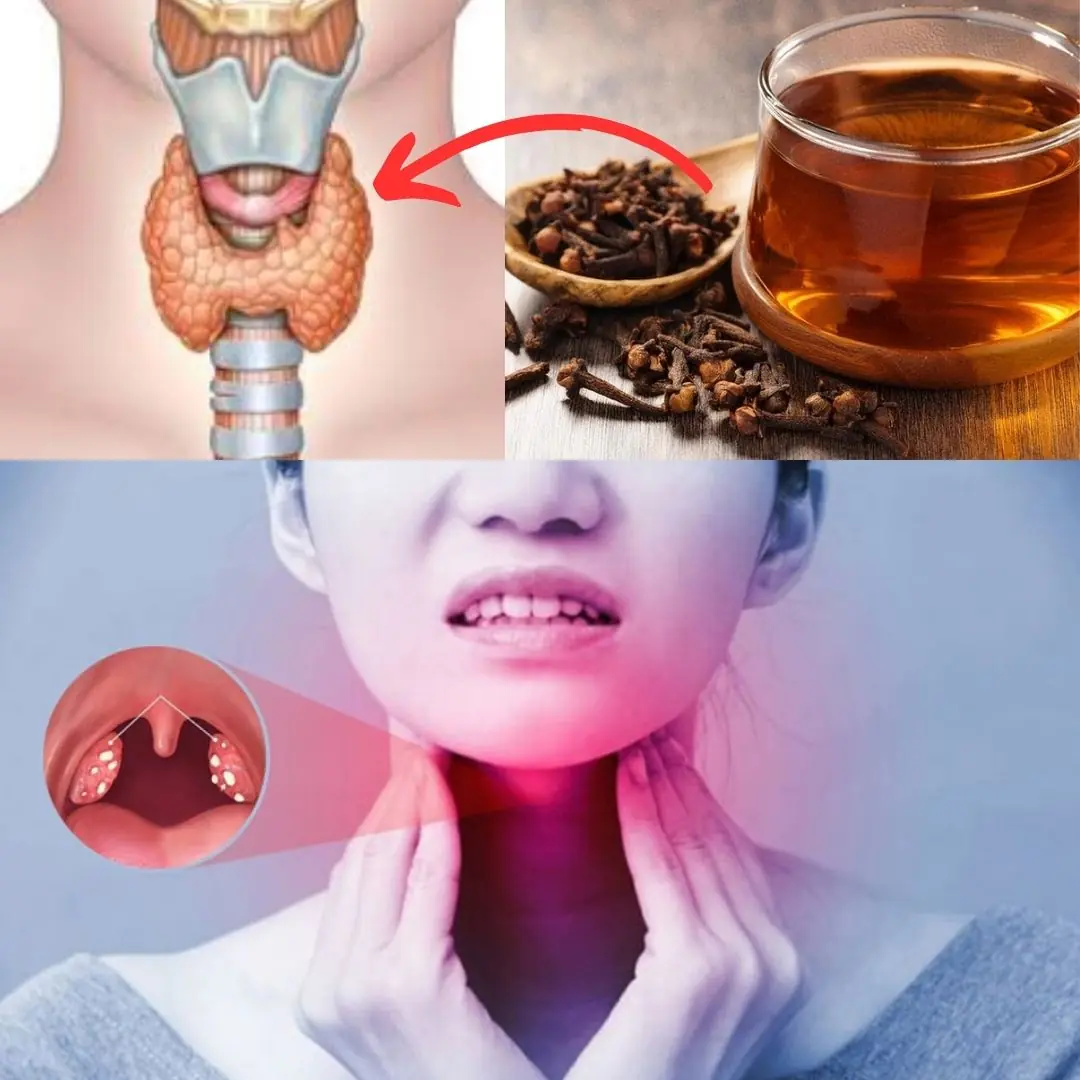
Kills Sore Throat and Inflammation – Cloves: Nature’s Antibiotic! 🌿🧄✨

Warning: Strange Nail Shapes Could Be a Sign of Dangerous Cancer
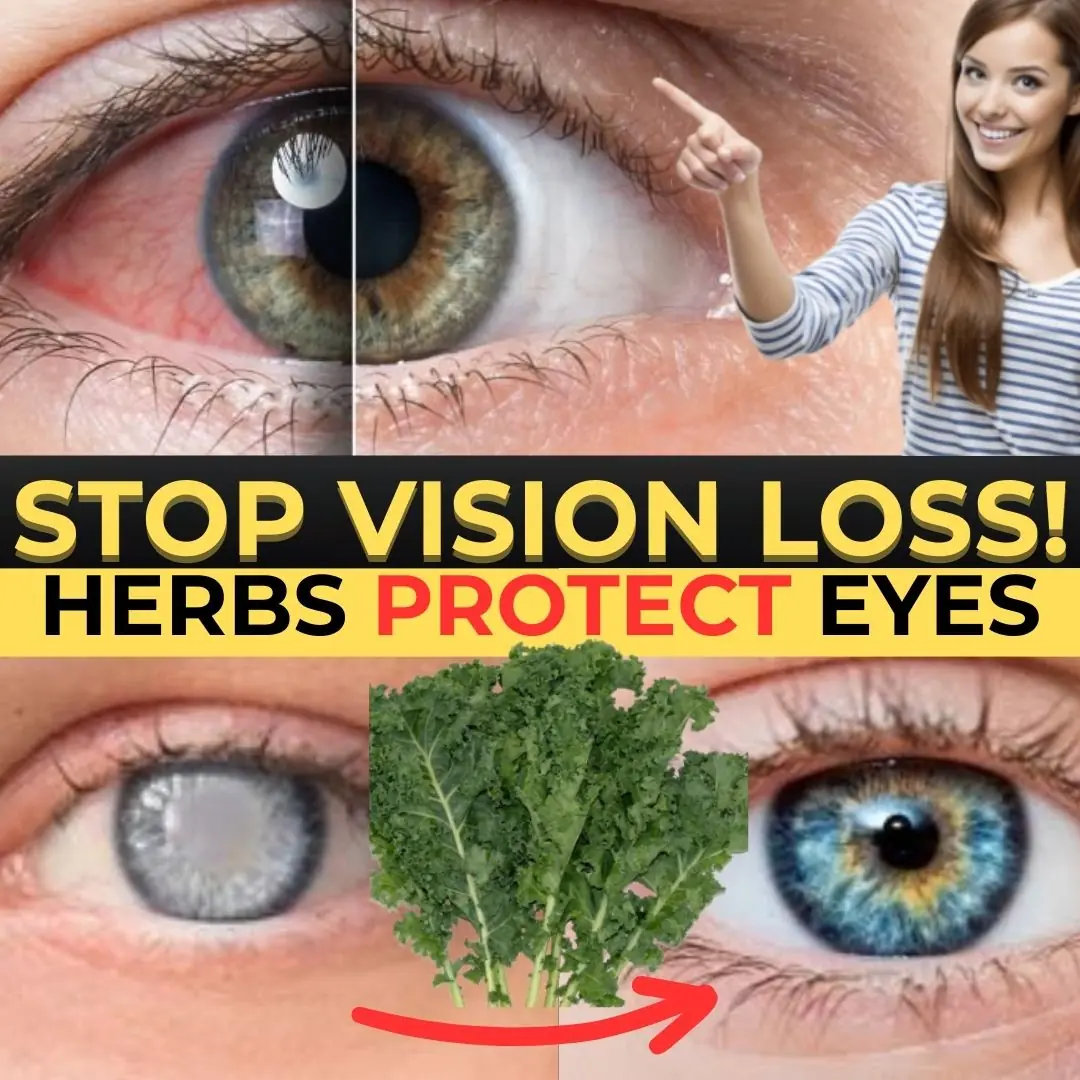
Natural Eyes-Healing Secrets Big Pharma Doesn't Want You to Know | Dr. Barbara O'Neill

Rich Man Sees His Former School Teacher as a Homeless Man – 'I'm Here Because of Your Mother,' Says Teacher

5 Early Signs of Kidney Failure You Need to Know: #3 Is Common But Often Ignored
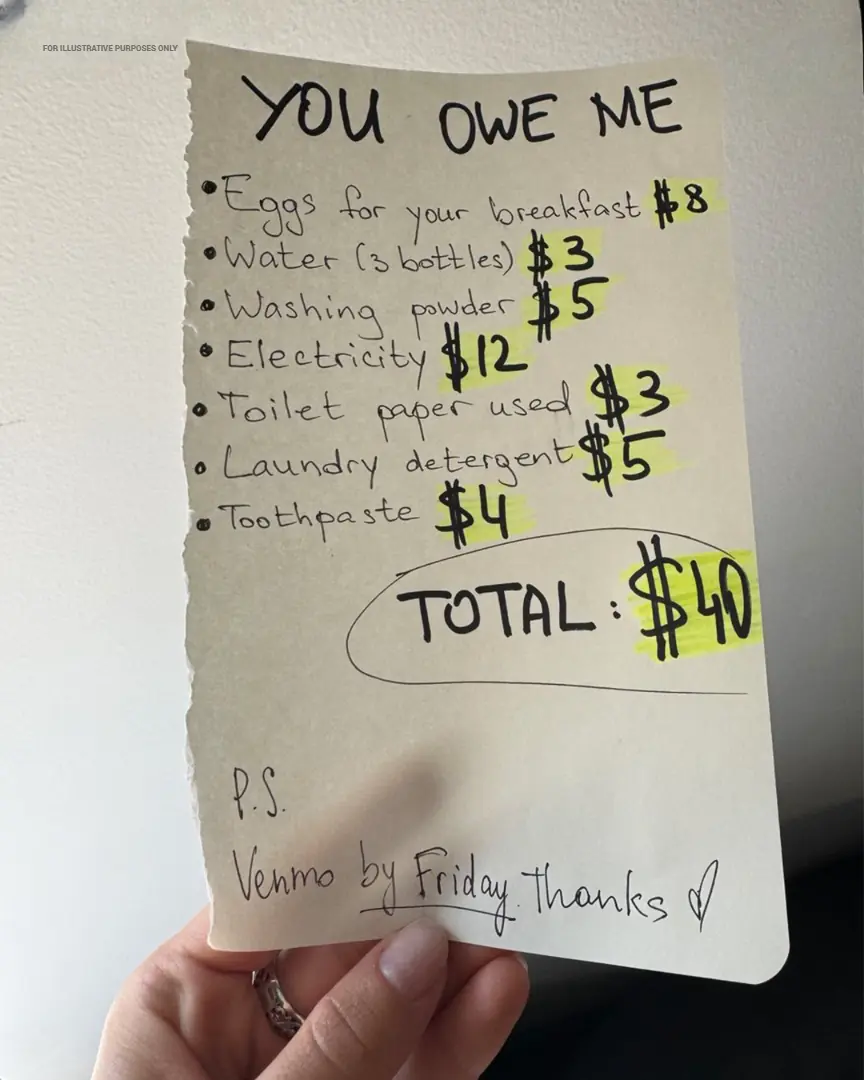
After Babysitting My Grandson, My Daughter-in-Law Handed Me a Bill for 'Living Expenses'

My SIL's Family Maxed Out Their Credit Cards & My Wife Demanded I Pay Them—I Said No, So She Did It Herself and Regretted It

What modern quantum physics now proves, ancient cultures already knew: geometry is not math—it’s memory

A Natural Kidney Treatment That May Restore Function and Remove Kidney Stones

Tourists Panic As ‘New Baba Vanga’ Warns Of Disaster Coming In Just 2 Months
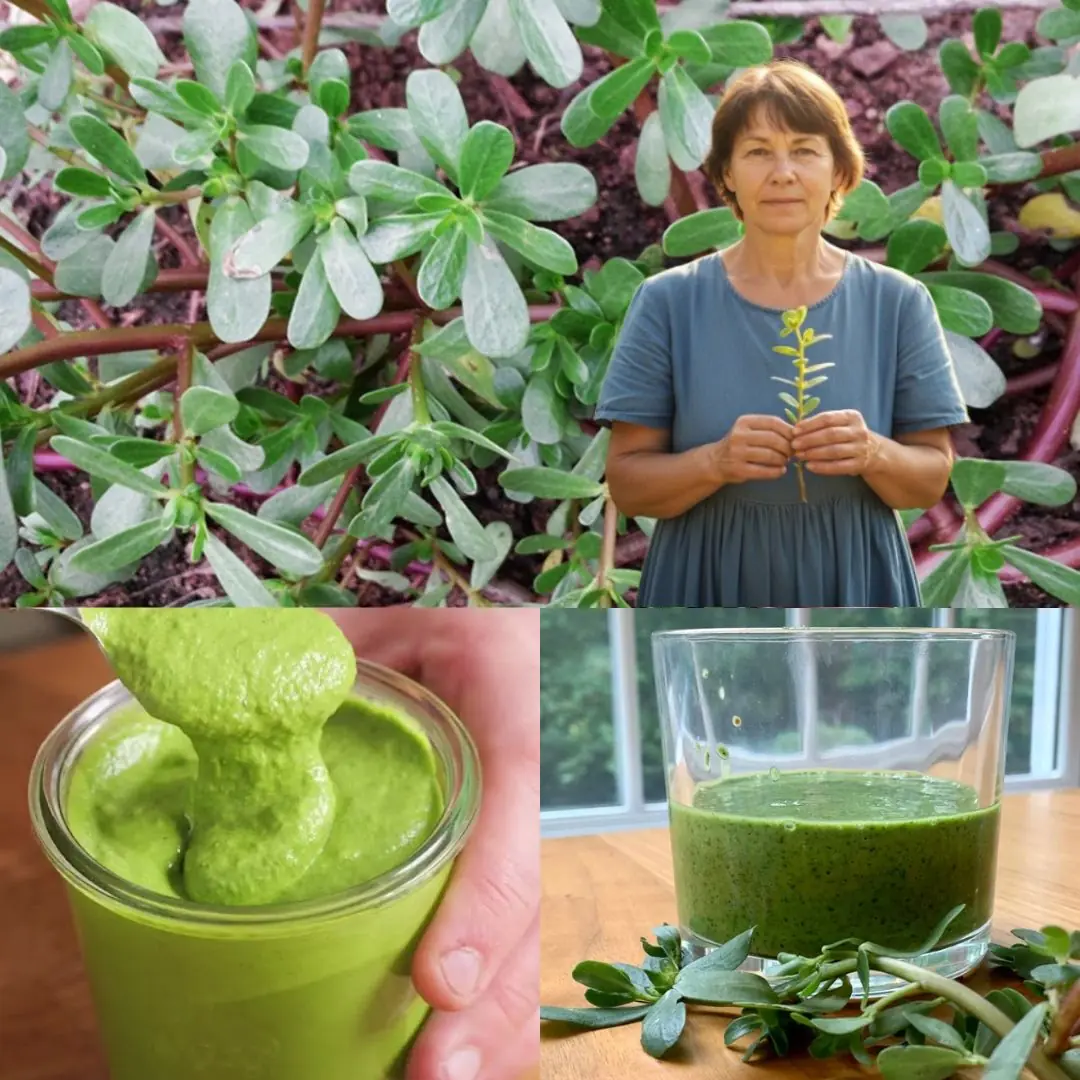
Senna Alexandrina: Nature’s Potent Cleanser for Digestive Health and More 🌿

My MIL Ruined My Son’s 18th Birthday When She Gave Him a Letter and a Box — He Was Heartbroken & Taught Her a Lesson in Return

I saw the mother mistreating the child while I was a nanny, but talking up nearly cost me my job.

Pineapple-Infused Water, Anyone? Discover the Benefits, Tips, and Refreshing Recipes

How Much Water You Actually Need to Drink Each Day – And Why It Matters

My 11-Year-Old Son Convinced Me to Install a Camera in the Basement – 'Nanny Does Bad Things Down There'
